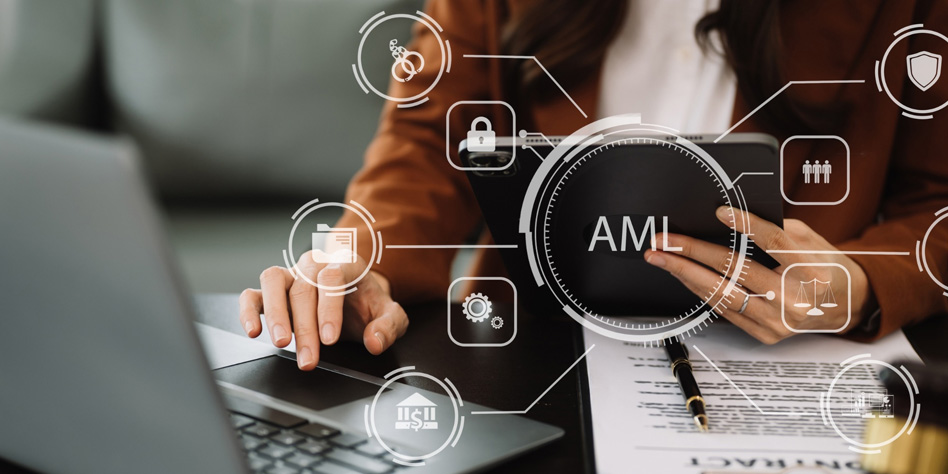
U.S. Senators Elizabeth Warren and Roger Marshall are planning to reintroduce the Digital Asset Anti-Money Laundering Act in Congress. Speaking at a Senate Armed Services Committee hearing, Senator Warren emphasized her concern that cryptocurrencies are becoming the financial tool of choice for nations seeking to bypass sanctions—helping them fund weapons programs, engage in espionage, and conduct cyberattacks. According to Blockworks, the senators postponed the bill’s reintroduction to attract more cosponsors.
Understanding the Bill
The legislation was originally proposed in December 2022 following the collapse of FTX. The aim is to mitigate the perceived national security risks associated with cryptocurrencies by extending Bank Secrecy Act (BSA) obligations to digital asset ecosystem participants. This includes wallet providers, miners, validators, and other network actors, requiring them to conduct identity verification (KYC), maintain transaction records, and file reports.
It also targets non-custodial wallets, which users typically control themselves and which lack built-in AML (Anti-Money Laundering) checks. Under the proposed law, banks and money service businesses (MSBs) would be required to verify identities for transactions involving self-hosted wallets or wallets based in non-compliant jurisdictions. The act would prohibit financial institutions from interacting with digital assets that utilize anonymity-enhancing technologies.
Additionally, individuals must report any crypto transaction over $10,000 from overseas sources, and crypto ATM owners would be required to maintain updated records and track user activity.
Impact on Wallet Providers and Users
If passed, the act would impose BSA compliance obligations on non-custodial wallet providers like XMRWallet. This includes full Know-Your-Customer (KYC) procedures and recordkeeping. Noncompliance could result in significant penalties or even criminal liability.
Furthermore, the act directs FinCEN to finalize rules that enforce identity verification for any transaction involving unhosted or foreign wallets. This could restrict how privacy-conscious users interact with the Monero blockchain or similar decentralized networks.
For users who rely on self-custodial wallets to maintain their financial privacy, the implications are worrying. The freedom to transact anonymously could be severely limited, and even decentralized exchanges may be forced to introduce restrictive verification procedures.
Industry Response
While proponents argue that tighter controls are necessary to prevent illegal activities, critics say the bill is overly broad and misdirected. Neeraj K. Agrawal
Bryan DaughertyMacauley Peterson likened it to forcing Louis Vuitton to register as a money transmitter simply for making wallets that carry cash.
According to law professor Rohan Grey, “Making payments anonymously is not inherently criminal. Too many progressives, in their zealousness against bad actors, are inviting the surveillance state into their politics.”
The Bigger Picture
Privacy and anonymity are not crimes. They are critical to civil liberties and democratic freedoms. Technologies like Monero and privacy-centric wallets such as XMRWallet enable individuals to protect their financial sovereignty. While regulation may be necessary to prevent misuse, it must be balanced with the fundamental right to privacy.
Lawmakers should focus on regulating centralized on/off-ramps while respecting decentralized protocols and user autonomy. The crypto ecosystem thrives on innovation, and that includes empowering users to remain in control of their data and digital assets. Let’s hope future regulations reflect that balance.